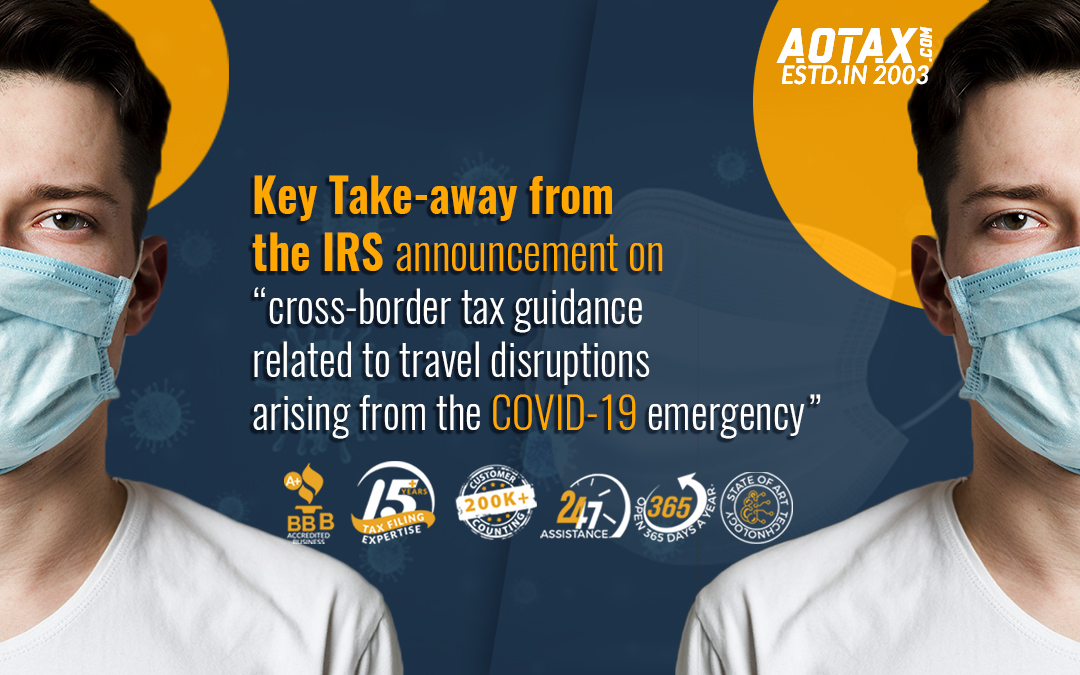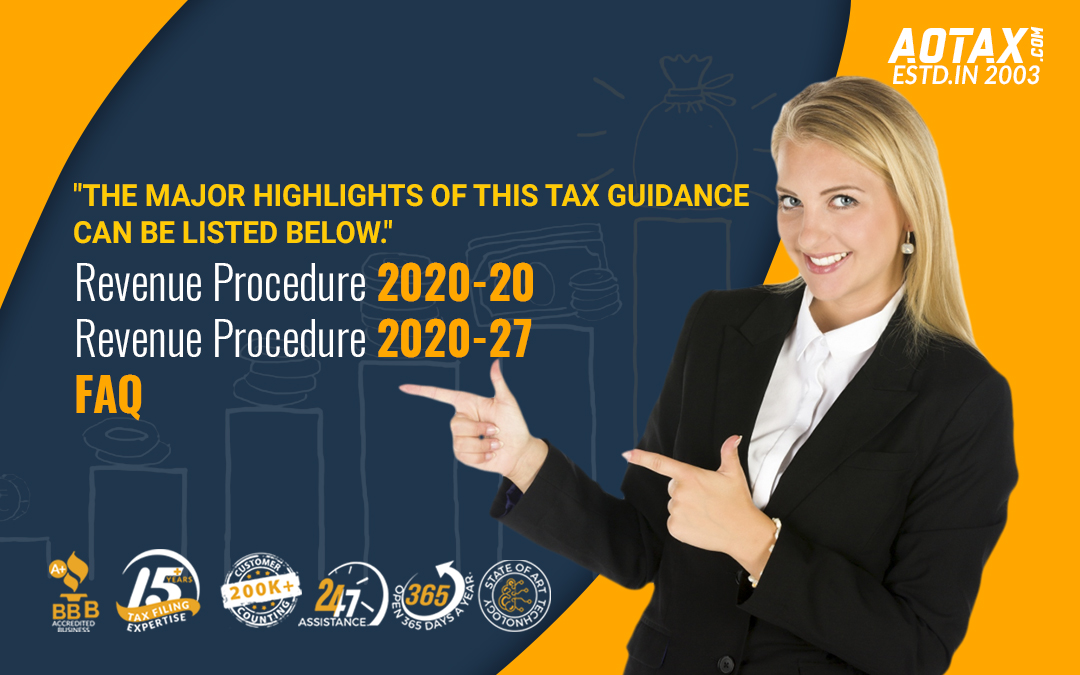
What to expect in the Second Stimulus Check?
What to expect in the Second Stimulus Check?
The US Legislation has passed a relief package of $3 trillion known as the HEROES Act n 16th May 2020. By now, most of the Americans have received their stimulus check associated with the CARES Act and there has been a declaration of an official recession. The rate of unemployment across the country has increased exponentially making it quite necessary for another round of Stimulus payment.
The Health and Economic Recovery Omnibus Emergency Solutions (HEROES) Act would help the American households in obtaining another round of Stimulus payments. The Heroes Act would be offering larger stimulus payment to the Americans than that offered by the CARES Act. This bill is currently with the Senate House and has been passed successfully by the Democrat-controlled House.
The need for the Second Stimulus Check
The need for the second Stimulus check by the Americans is quite justified as the pandemic COVID-19 has caused huge losses to the health and the economy of the Americans. Millions of Americans have lost their jobs and there are speculations for further loss of millions of jobs in the US. However, some reports have stated the information about the steady lowering in the unemployment rate in the US. The unemployment rate in the US has dropped by 1.4% from April and there have been around 2.5 million jobs added back since March. This can be considered as a major reason for the Senate to reject this bill of the Second Stimulus Check.
Eligibility to obtain the Second Stimulus Check
If a taxpayer was eligible for obtaining the first Stimulus check then he would be eligible for obtaining the Second Stimulus check. According to the most recent tax returns filed by a taxpayer, people who earn less than $75,000 would be obtaining $1200 whereas married couples can earn $2400 as Stimulus payment.
The age restriction for qualifying as a dependent was set as below 17 years by the CARES Act whereas the HEROES Act has removed this qualifying criterion. Moreover, those taxpayers who have an earning up to $100,000 in a year would receive a prorated amount as Stimulus payment.
Money to be obtained with the second stimulus check

- Every member of a household would be receiving $1200 inclusive of the children as well. Those taxpayers who are filing their tax returns with the single status and have an earning less than $75,000 would receive the entire payment. This income threshold is $150,000 for those taxpayers who are married and are filing their tax returns jointly.
- Under the Heroes Act, the total payment for one family would be capped at $6,000.
Provisions for Older students under the HEROES Act
- Under the CARES Act, dependents whose age was below 17 years would be eligible for the receipt of the $500 payment. This excluded many high school students, seniors, and many other college students who were already claimed as dependents on their parent’s tax returns from obtaining the Stimulus Check.
- However, the HEROES Act ensures that all dependents who might be college going students or teenagers would receive the Stimulus Check of $1200.
Provisions for Immigrants to obtain the second Stimulus Check

The CARES Act needed an American to have a Social Security Number as a mandate for obtaining the Stimulus payment. However, the HEROES Act needs a taxpayer to only have the Taxpayer Identification Number (TIN) to obtain the Stimulus check.
The Taxpayer Identification Number is used by the immigrants to pay their taxes and thus, it is feasible for the immigrant taxpayers to obtain the Second Stimulus check.
By when would the Second Stimulus Check be received?
It is quite uncertain as to by when the Senate would be considering the Second Stimulus Check payments. However, it has been estimated that the Stimulus Checks would reach the Americans early this time as compared to that of the CARES Act. Millions of Americans have verified their information on the “Get My Payment” site of the IRS and this would make the payments faster this time. According to experts, if the bill takes another two weeks for approval then the Americans would be seeing their payment for the Second Stimulus Package by the end of July or early of August.
Hence, with the impact of the pandemic intensifying daily this initiative by the US Government would be of real help to the Americans in overcoming the economic crisis caused by the pandemic COVID-19.
References
https://www.cnet.com/personal-finance/second-stimulus-check-how-much-you-could-get-when-could-payments-come-latest-news/ https://www.cnet.com/personal-finance/second-stimulus-check-how-much-you-could-get-when-could-payments-come-latest-news/
https://www.cbsnews.com/news/second-stimulus-check-how-much-when-heroes-act/
https://www.tomsguide.com/news/stimulus-check-2-update-senate-vote-date-eligibility-and-latest-status



Recent Comments